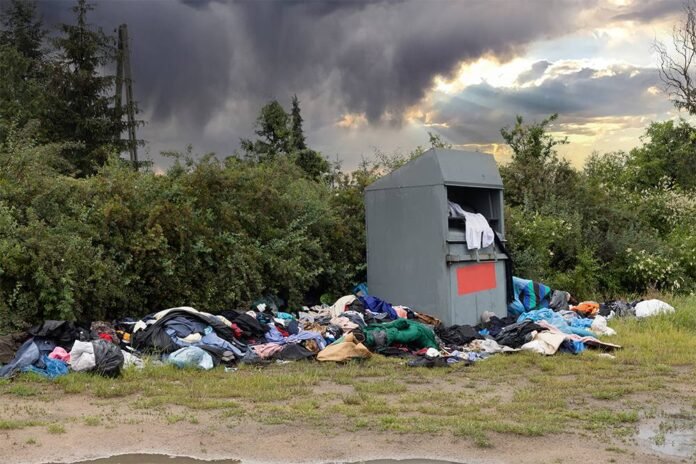Eton’s automation technology is helping transform the second-hand apparel market into a scalable, efficient, and circular system.
Eton Systems, a member of the Swedish Textile Machinery Association (TMAS), is playing a key role in the Microfactories System Innovation project—an ambitious effort to build a fully automated workflow for second-hand garments. The initiative brings together leading partners such as the Swedish School of Textiles, the Automation Region at Mälardalen University, and iHubs Sweden.
With the global second-hand market valued at $256 billion in 2025 and projected to reach $367 billion by 2029, automation has become essential. Online resale alone is expected to double to $40 billion within five years. “The volumes are now so large that handling must be automated,” says Eton CEO Jan Molin.
At the project’s test facility in Science Park Borås, used garments are placed on custom carriers within Eton’s conveyor system. They move through stations where vision systems photograph the items and AI identifies the brand, model, size, and any damage. The system also recommends repair actions and calculates an optimal sales price based on market data before the garment is photographed and routed to storage.
Eton’s heritage in automation stretches back to the 1960s, when its pioneering Unit Production System revolutionized shirt manufacturing. Today, its technology supports textile, furniture, and even automotive sectors globally.
The reuse project builds on years of Swedish innovation around microfactories, now shifting focus from on-demand local production to the booming resale economy. According to TMAS Secretary General Therese Premler-Andersson, solutions like Eton’s will be central to scaling circular systems and reducing textile waste.
Funded by European and regional partners, the four-year project aims to position Sweden—and Eton—at the forefront of circular textile automation.



